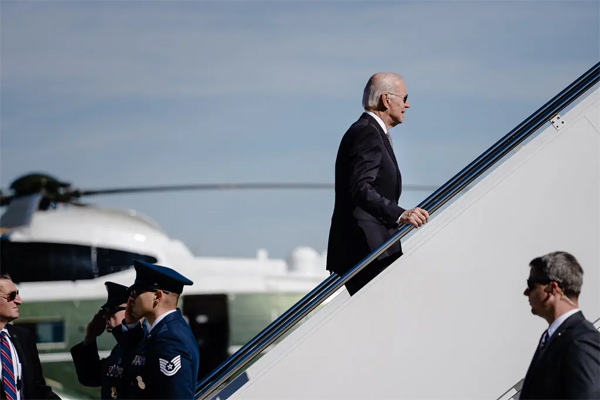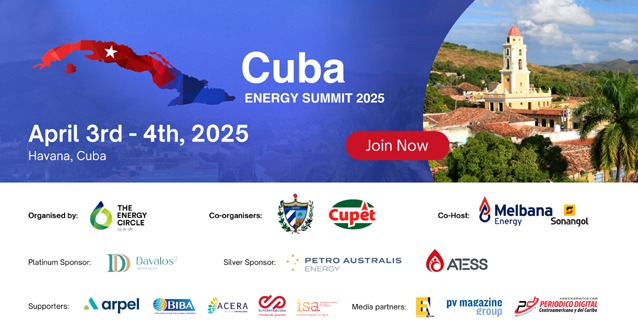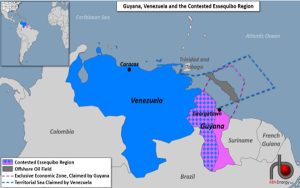
Jim Tankersley, NYTimes
WASHINGTON
EnergiesNet.com 10 06 2022 b
President Biden on Thursday defended his visit to Saudi Arabia this summer, in the wake of Wednesday’s decision by the Saudi-led cartel of oil-producing nations to cut production, which will likely raise gasoline prices in the United States.
“The trip was not essentially for oil,” Mr. Biden told reporters. “The trip was about the Middle East and about Israel and rationalization of positions.”
But the decision by the group known as OPEC Plus, he said, “is a disappointment and says that there are problems.”
Asked about the production cut as he prepared to leave the White House for New York on Thursday morning, Mr. Biden said, “we are looking at alternatives” to oil from OPEC Plus countries. “We haven’t made up our minds yet,” he said.
Mr. Biden did not elaborate on what those might be; neither did administration officials when pressed by reporters later on Air Force One.
“We’re not announcing any steps on that front,” said Brian Deese, the director of the National Economic Council. “But there are measures we are continuing to assess.”
Mr. Biden “has directed us to take nothing off the table,” Mr. Deese said.
Mr. Biden traveled to Saudi Arabia in July, sharing a fist-bump with the crown prince, Mohammed bin Salman, a move that drew scorn from human rights organizations. He left with a quiet understanding that the Saudis would increase oil production to help push global prices down.
But the increases were short-lived: OPEC Plus announced Wednesday that it would reduce its production quotas by two million barrels a day in a bid to lift oil prices, which fell throughout the summer. Administration officials spent more than a week trying to head off that increase, including outreach by top officials from the State Department, Treasury Department and the National Security Council.
Officials familiar with the calls said this week that the efforts were consistent with the administration’s efforts over the past year to push oil producers to keep production levels high after Russia’s invasion of Ukraine, which has roiled global markets.
But the failure to dissuade producers from cutting supply nevertheless showed the limits of Mr. Biden’s ability to influence the Saudis despite his summer trip, and raised frustration levels inside the White House.
Jim Tankersley is a White House correspondent with a focus on economic policy. He has written for more than a decade in Washington about the decline of opportunity for American workers, and is the author of “The Riches of This Land: The Untold, True Story of America’s Middle Class.” @jimtankersley
nytimes.com 10 06 2022












